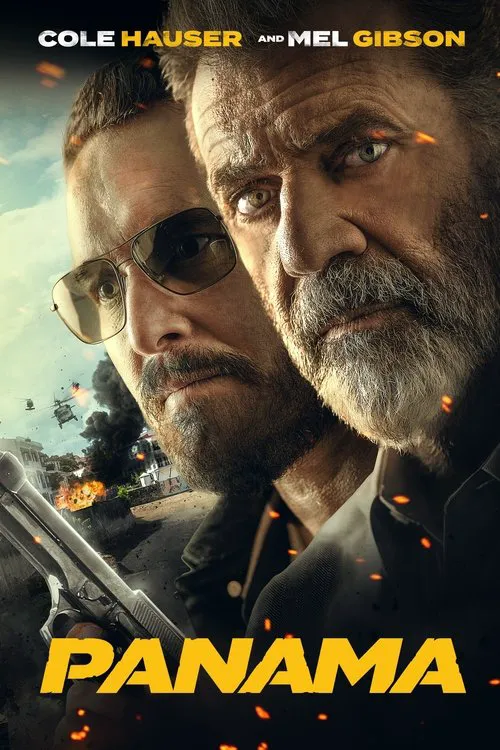Panama

Plot
Panama is a 1990 American drama film directed by George C. Scott, who also starred in the film as Colonel Quinn Adams, an ex-marine hired by a defense contractor to travel to Panama to complete an arms deal. The movie follows the story of Quinn Adams, a veteran military officer who is now working as a consultant for a private defense contractor. The story begins with Quinn Adams's arrival in Panama, where he meets a group of Panamanian soldiers who are being trained by the Panamanian military. Quinn is surprised to learn that the training is focused on guerrilla warfare, rather than conventional military tactics. He also discovers that the Panamanian military is being armed with advanced American-made weapons, which Quinn had previously been hired to deliver. As Quinn becomes more involved with the Panamanian military, he begins to realize that something is amiss. He meets a Panamanian officer named Commander Torrijos, who is suspicious of the American involvement in Panama. Torrijos is a nationalist who wants Panama to govern itself and not be controlled by external powers. Quinn's mission becomes complicated when he learns that the Panamanian President, General Noriega, is being challenged by Commander Torrijos and other nationalist leaders. Noriega has been accused of human rights abuses and corruption, and the Panamanian people are increasingly disenchanted with his rule. As the situation in Panama continues to deteriorate, the United States government becomes increasingly concerned about the stability of the country. The U.S. Ambassador to Panama, Arthur Edwards, tries to negotiate a resolution with General Noriega, but he is rebuffed. Meanwhile, Quinn becomes increasingly sympathetic to the cause of Commander Torrijos and the nationalist movement. The turning point comes when the U.S. government decides to launch a military invasion of Panama, codenamed Operation Just Cause. Quinn, who is still in Panama, finds himself caught in the middle of the conflict. He is forced to flee his hotel and make his way to the outskirts of the city, where he witnesses the U.S. military's assault on the Panamanian capital. As the U.S. military begins to make gains, Quinn realizes that the invasion is not just about taking down General Noriega, but also about asserting American dominance and control over Panama. He sees firsthand the damage and destruction caused by the U.S. military, and begins to question the true nature of political power. In the end, Quinn is forced to confront the harsh realities of war and the corrupting influence of power. He comes to realize that the invasion of Panama was not about democracy or freedom, but about self-interest and the pursuit of power. The film ends with Quinn reflecting on the lessons he has learned, including the importance of critical thinking and the dangers of unquestioning obedience to authority. Throughout the film, director George C. Scott and screenwriter George Perez tackle complex themes and issues, including the nature of power, the role of the military, and the human cost of war. The film also raises questions about the limits of American interventionism and the impact of U.S. foreign policy on foreign countries. Panama is a thought-provoking film that challenges the viewer to think critically about the nature of power and the role of the United States in the world. The film is a powerful indictment of the U.S. invasion of Panama, and serves as a cautionary tale about the dangers of unchecked military power.
Reviews
Recommendations




